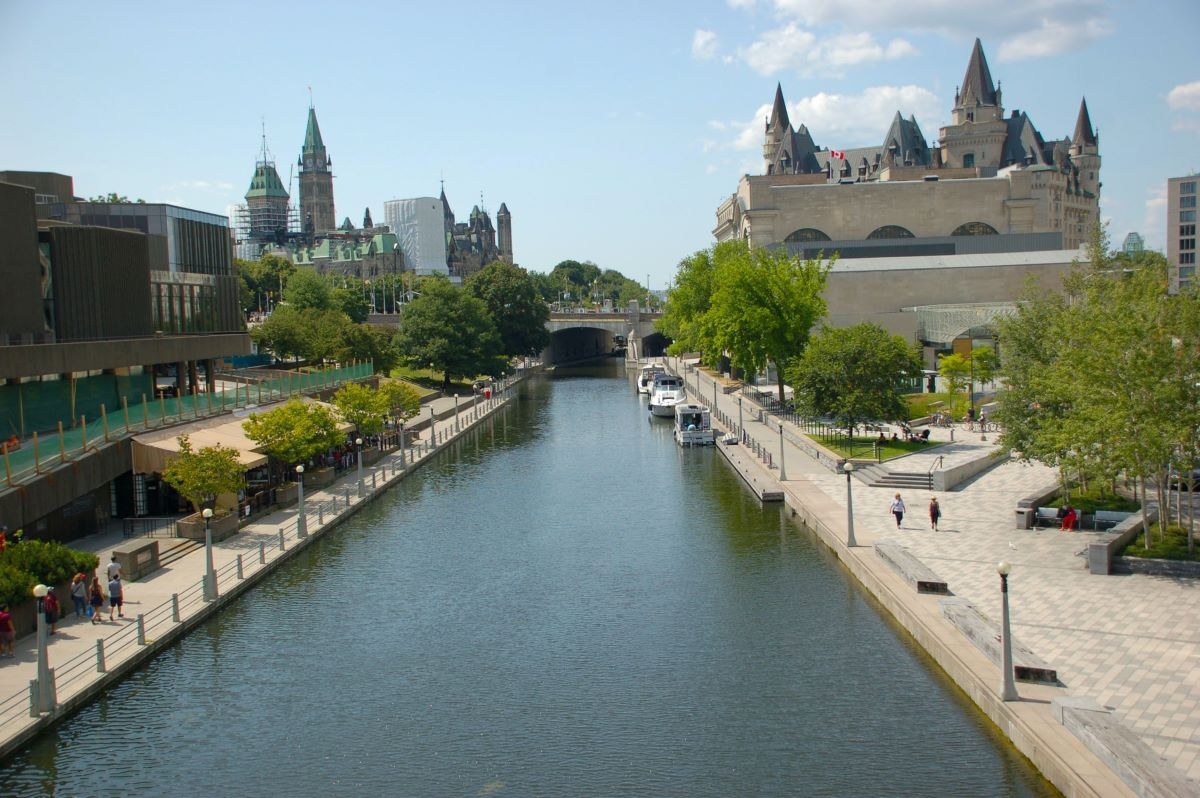
What kind of leadership is needed today?
By Lauren Levesque, Miriam Martin and Lorraine Ste-Marie
This question is rooted in a growing consensus that, as a community, we are living in a period of disruption and transition marked by several divides: ecological, social and spiritual.
Ecologically, we are increasingly separated from the natural environment.
Socially, we are increasingly separated from each other. Spiritually, we are increasingly separated from ourselves. These states of separation are having greater and greater impacts on our individual and communal lives.
With these impacts in mind, the scope of the challenges we face seem overwhelming and can fuel a sense of futility and hopelessness.
And yet, our era has been marked by a deep desire to learn how we can be agents of change in our own lives and communities.
This desire to understand and participate in dynamics of change is a key element of the field of transformative leadership. The field focuses on equitable and mutual relationships that open spaces for reflecting on and practising constructive social change.
It offers ways to develop leadership skills for addressing the challenges and opportunities we face as individuals and as communities.
The Providence School of Transformative Leadership and Spirituality at Saint Paul University was created to take up the task of understanding the challenges confronting leaders today as well as collaboratively building possible responses through deep reflection and practice.
One of the goals of the school is to bring the growing interest in spirituality into dialogue with the focus on equal and mutual relationships.
The idea is that grappling with questions around leadership, spirituality and social change are personal and collective endeavours.
In other words, we need not only to learn to listen to each other, but also to pay close attention to the quality of our own listening. This attention is grounded in thorough examinations of the ways our inner lives as leaders support and shape our concrete action in the world.
In the Providence School, we recognize that the imperative to work for constructive social change has deep spiritual roots.
Spirituality can be understood as a source of wisdom and insight that can help us reflect on the many ways we coexist and flourish as a human community.
Here, diversity is key.
Academic programs such as the Master’s in Transformative Leadership and Spirituality offered through the Providence School draw on an array of perspectives in the human sciences to think through our roles as agents of change in multiple contexts: personal, professional and communal. Working from a place of diversity reminds us that constructive social change is not the purview of one field, one life or one community alone.
It is a task to which we are all called to participate according to our diverse gifts.
As the world becomes increasingly complex and uncertain, we need spaces where we can openly and honestly grapple with such complexity and uncertainty.
The Providence School of Transformative Leadership and Spirituality is a space where students are encouraged to engage with the question: What kind of leadership is needed today?
Each student brings a particular experience, interpretation and story to the question. In this diversity, there is hope: the recognition that, as transformative leaders, we create change together.
Lauren Levesque, Miriam Martin and Lorraine Ste-Marie are Assistant Professors Faculty of Human Sciences, Saint Paul University.













